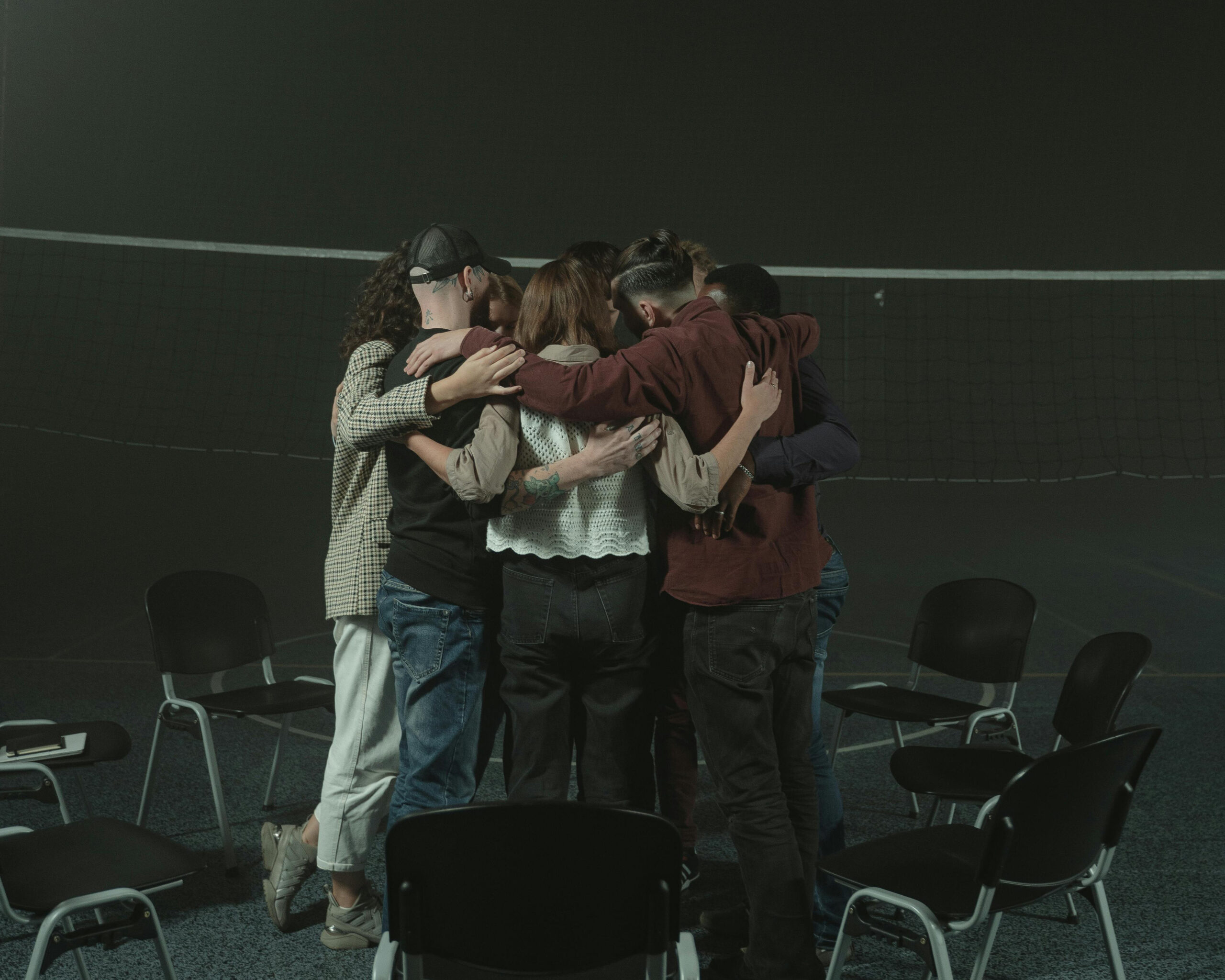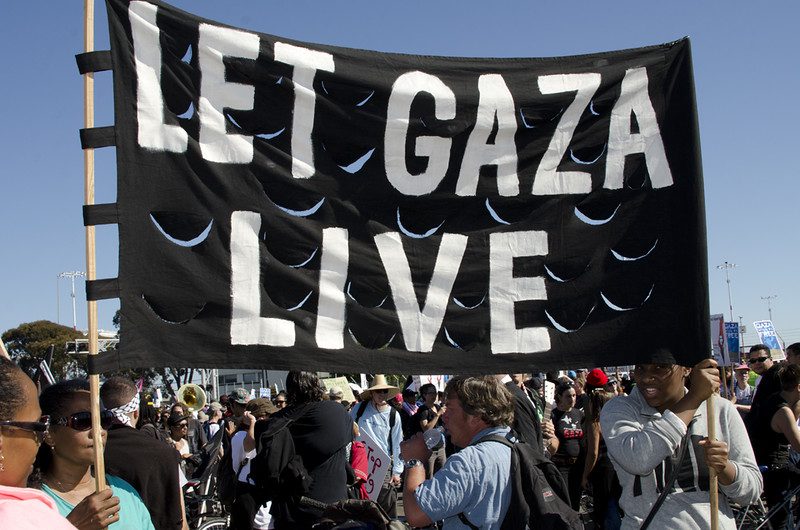The presentation by Veena Das, “Techniques of Power and the Rise of the Grotesque” made me reflect on how this topic intersected with the role of celebrities in the public sphere, particularly as the face of humanitarian causes. Are the figures of the grotesque and the “designer activist” in public life two variants of the same phenomenon? What does it tell us about our current political era that the two coexist?
Veena Das’ discussion of the grotesque draws upon Michel Foucault, who uses the term to refer to public figures that have “effects of power that their intrinsic qualities should disqualify them from having” (Foucault, 11). Foucault suggests that the grotesque is not just a particular form of oversized or baseless power impacts, but also finds its source “in a place that is manifestly, explicitly, and readily discredited as odious, despicable, or ridiculous” (Foucault 12). I am interested in this logic of oversized power impacts, including celebrity profile masquerading as expertise, which I find repugnant. But I hesitate to categorize the celebrity humanitarian—who aspires to a humane and civil form of power—as “grotesque” without some qualification. Rather, I suggest that there is a spectrum of public actors from the designer activist to the truly grotesque figure.
Celebrities are famous for being famous. They have no intrinsic qualities that make them suitable for public leadership beside the fact that they are widely recognized and serve as a conduit for people to realize certain emotions vicariously. By definition, an actor represents or narrates reality rather than actually living it. My own focus has been on the role of celebrities in humanitarian causes. There is a puzzle: it appears that involving a high-profile actor or entertainer in a charitable cause doesn’t actually increase public support for that cause (such as donations), but nonetheless humanitarian agencies and advocacy groups clamor for celebrity involvement.
The celebrities’ actual function is subtler: they shape the narratives of the “post-democratic” public sphere. Celebrities provide a way in which ordinary people can relate meaningfully to vast impersonal and troubling events, not with knowledge or understanding but rather by emotional connection. The celebrity’s engagement also serves as a bellwether and an instrument for societal intelligence. Part of their attraction is that they are intrinsically unpredictable and occasionally go off script, but this serves the important purpose of revealing public sentiments that we didn’t know were there. Politicized celebrities are unpredictable in the specifics but fundamentally unthreatening; they inject drama into public life, both in the sense that politics becomes more entertaining, and in the sense that it appears to follow the arc of a structured plot.
Most celebrities in the public realm are activists seeking influence. But some go further and seek executive power. Around the world, and especially in democratic systems where established political parties are in turmoil, actors and entertainers enter the political process and sometimes get elected to high office. This means that sovereign powers—including the authority over life and death—are taken on by individuals who are most at home in the fictive or dramatic expression of such power, than in the real world exercise of public policy. Oddly enough, this seems to be the source of their appeal to their core supporters.
Political leadership always involves an element of performance. But a seasoned politician is also reflective, winnowing out the dramatic narrative from the complexities and uncertainties of history and evidence. Seasoned politicians, good or bad, tend to like to read history and biography: they seek solace in the intellectual companionship of their peers and forebears who have grappled with the uncertainties of making complex decisions, in an uncertain world, knowing that there is no right answer and that journalists and historians will come to conflicting conclusions about what they did. A celebrity politician is—I suspect—more likely to obtain personal and public affirmation from simpler narratives.
The grotesque public figure is a variant of the celebrity: equally superficial but deliberately “odious, despicable, or ridiculous.” He (less often, she) expresses celebrity power but in a different register. While celebrity humanitarians perform noble narratives and vicariously evoke humane values and generous emotions, grotesque actors perform narratives of derision, ridicule and denial. Their power is amplified not in relation to their ability to overcome their fictive source of authority, but by their refusal to abandon fiction. While designer activities represent a plausible imitation of our better selves, grotesque celebrities parody our basest impulses. The grotesque figure in public life authenticates our cynicism and disgust and thrives by validating our instinct that power is corrupt and dishonest.


